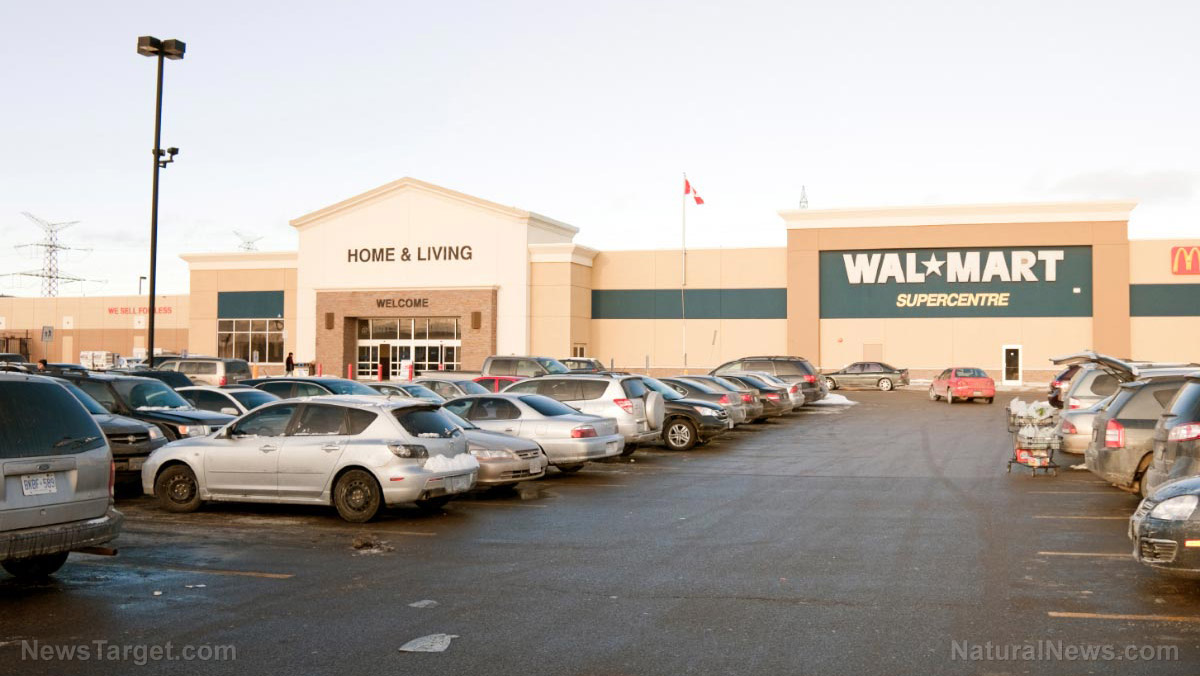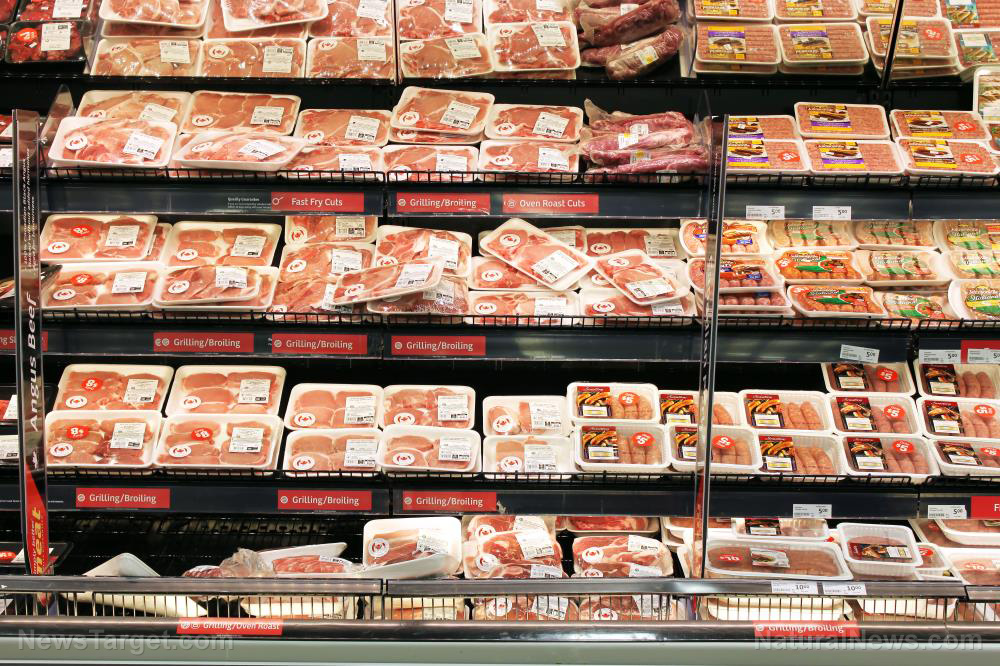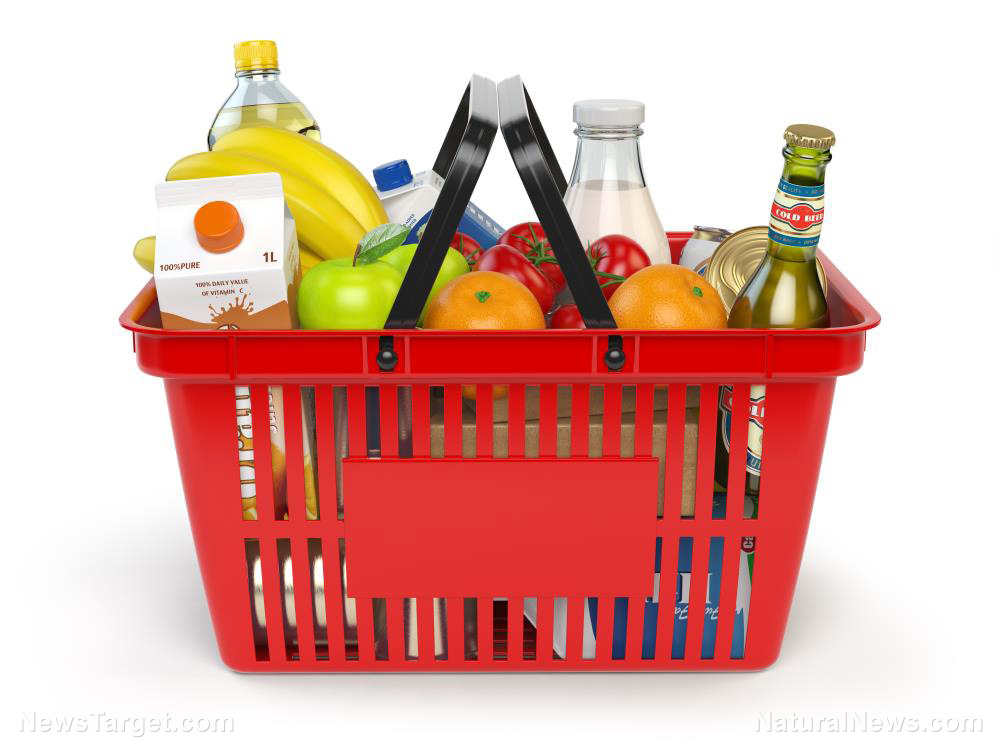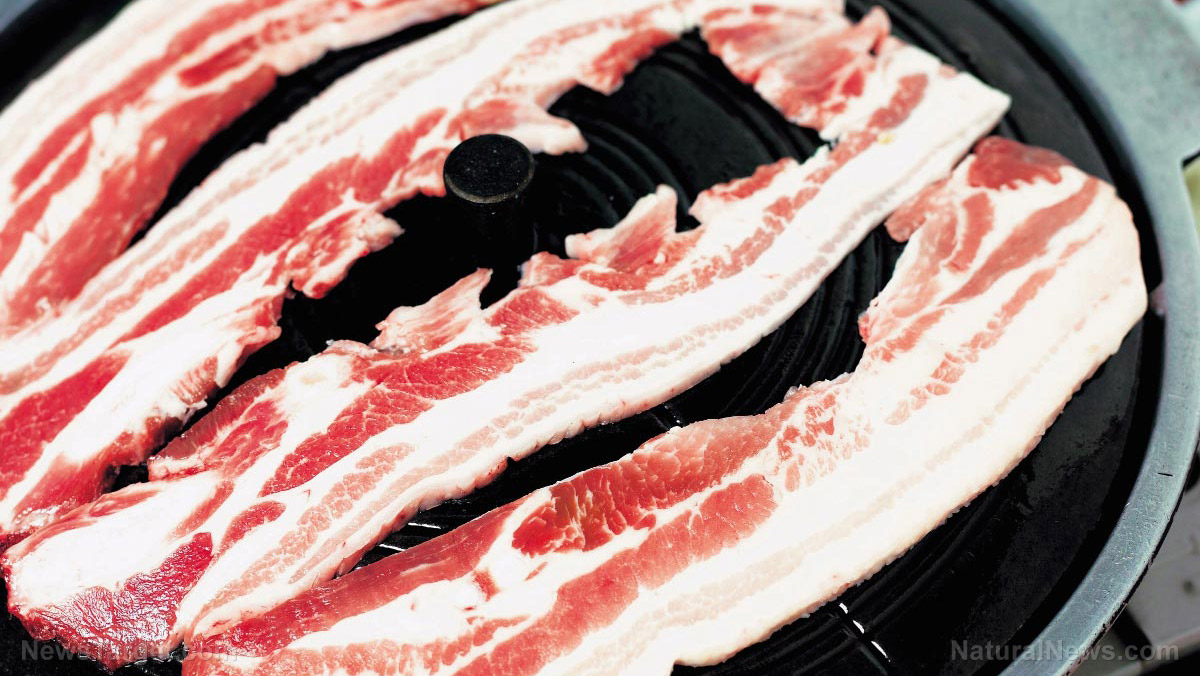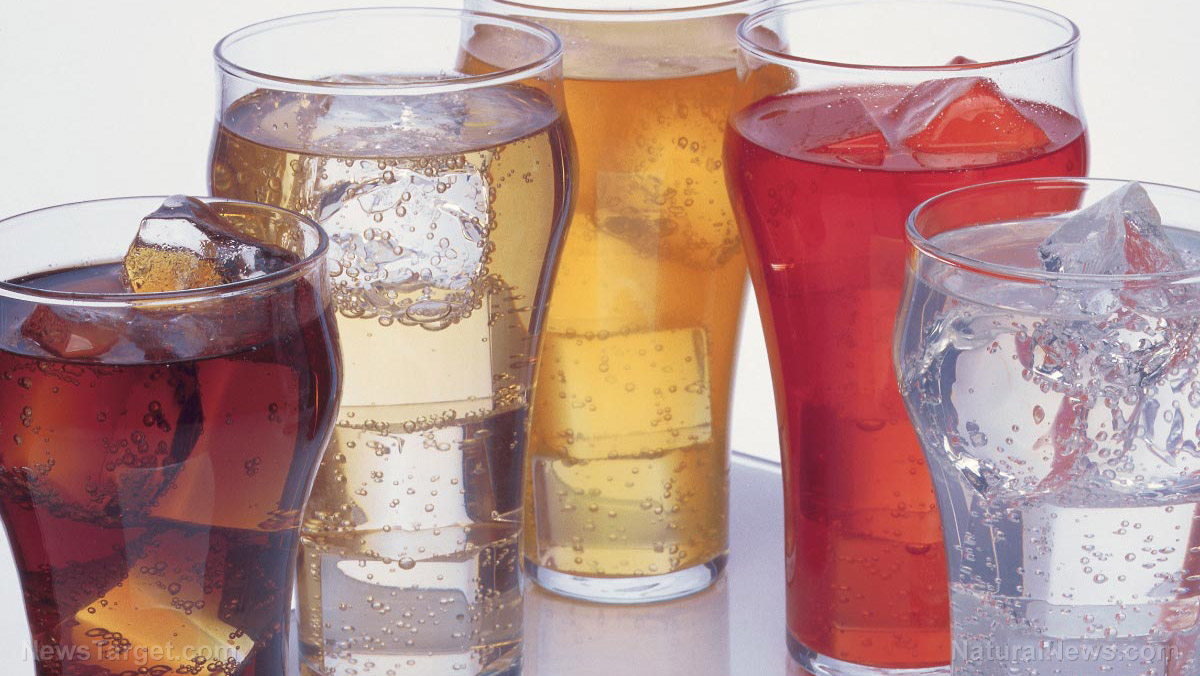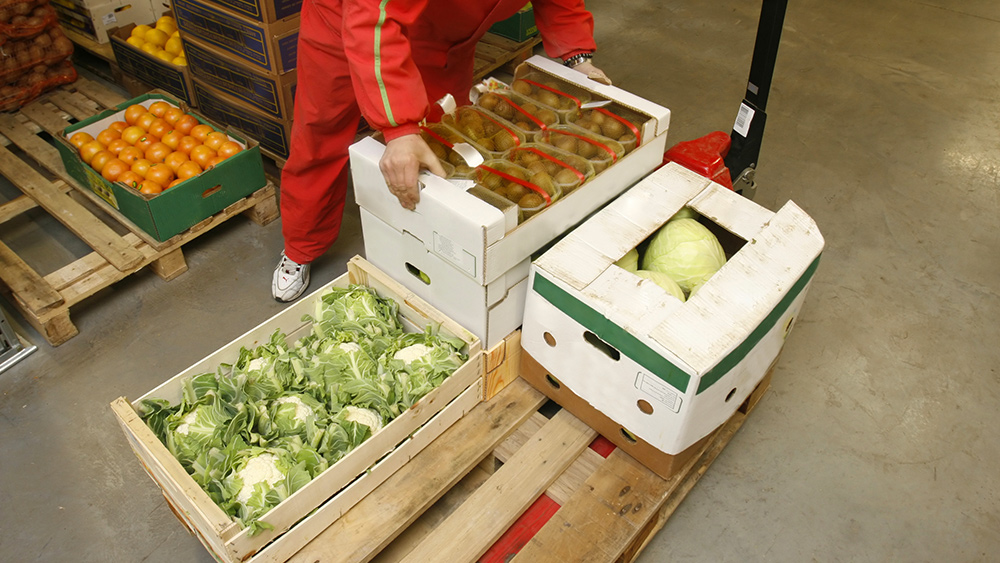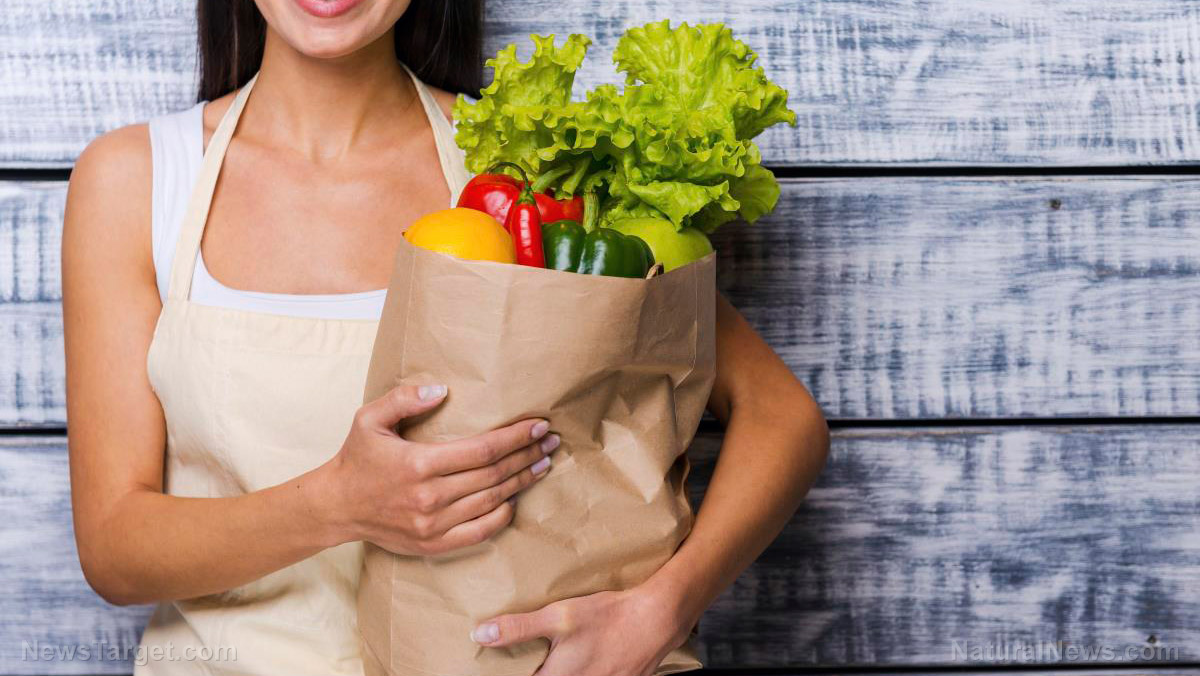Missouri grocery store repurposing salad bars due for coronavirus – they now contain cereals, candies and even alcoholic beverages
05/26/2020 / By Arsenio Toledo

Due to fears that a salad bar might become a vector for the spread of the Wuhan coronavirus (COVID-19), a grocery store chain in Missouri replaced the salads with cereal, candy and even alcoholic beverages.
Dierbergs Markets, a grocery store chain based in Chesterfield, Missouri, with several locations in the rest of the state, has allowed its stores to repurpose the grocery’s salad bars.
Several stores have even used the opportunity to fill the salad bars with something unique to their store.
Listen to the Health Ranger Report as Mike Adams, the Health Ranger, shares how he is able to avoid buying overpriced eggs by owning his own chickens.
Dierbergs stores putting personal spin to empty salad bars
“A crisis wasn’t going to get in the way of our team’s creativity,” said Jamie Collins, Vice President of Advertising and Marketing for Dierbergs.
Rick Rodemacher, store director of a Dierbergs in Manchester, Missouri, said that his store tried putting fresh foods in the salad bar, but the store’s sales didn’t improve. So instead, he came up with an idea to fill the bar with liquor bottles and beer cans. The display also has a sign with the word “salad” crossed out.
Rodemacher said the reaction from the store’s customers has been generally positive, saying that they have been getting a kick out of the display.
Rodemacher’s store’s display, which may have started out as something humorous, turned into a phenomenon. Many of the state’s 24 other Dierbergs have erected their own displays in the now-empty salad bars, including a tiki bar and a cereal bar.
Pictures and videos of these displays have circulated on social media platforms, gaining the store a lot of support.
“At first we were worried that it wouldn’t come across the right way, but it’s been really well received,” said Rodemacher about his store’s own display.
“The sales are not nearly what the salad bar sales were, but bringing a smile to people’s face is worth it.”
My grocery store has replaced the salad in the salad bar with…. liquor. pic.twitter.com/eGemUkvbj8
— Emily A. (@emzorbit) May 19, 2020
Restaurants with salad bars adapting to “new normal”
The coronavirus pandemic has put the country’s salad bars and buffets in a predicament over hygiene. (Related: America’s food system in shambles in the wake of the coronavirus pandemic.)
The pandemic has fully upended the country’s restaurant industry — salad bar chains, cruise ship and casino buffets and all-you-can-eat Indian and Chinese restaurants.
For example, Souplantation, or Sweet Tomatoes, a chain of buffet-style restaurants with salad bars in Southern California, permanently closed all its 97 stores.
However, as states are beginning to roll out reopening strategies, restaurants with salad bars are beginning to adapt to catering to customers in a more hygienic fashion.
Sizzler, a restaurant chain known for its steaks and its craft salad bar, has begun reopening dine-in services in Arizona. For its salad bar, it has chosen to bring the salads tableside to reduce the risk of contaminants being shared among customers. This, according to Sizzler’s COO, would allow customers to “choose their Sizzler favorites.”
Frisch’s Big Boy, a hamburger chain with 110 locations in Ohio, Kentucky and Indiana, also has a soup, salad and breakfast bar. The self-serve salad bar, according to Frisch’s CEO, will be replaced for the time being with a “build-your-own salad” option, which the restaurant’s employees will prepare and serve for the guests.
Buffets are encountering the same problem, especially since the Food and Drug Administration’s (FDA) new “best practices” for restaurants is strongly recommending salad bars, buffets and other self-service stations to discontinue operations until proper infection control and social distancing protocols can be placed.
Read up on how other restaurants in other states are handling the coronavirus pandemic at Pandemic.news.
Sources include:
Tagged Under: buffet, China, coronavirus, covid-19, Dierbergs Markets, economy, Flu, government, grocery stores, hygiene, infections, outbreak, pandemic, reopening, restaurant, restaurant chains, restaurants, salad bar, superbugs, supermarket, virus
RECENT NEWS & ARTICLES
COPYRIGHT © 2017 GROCERY NEWS


